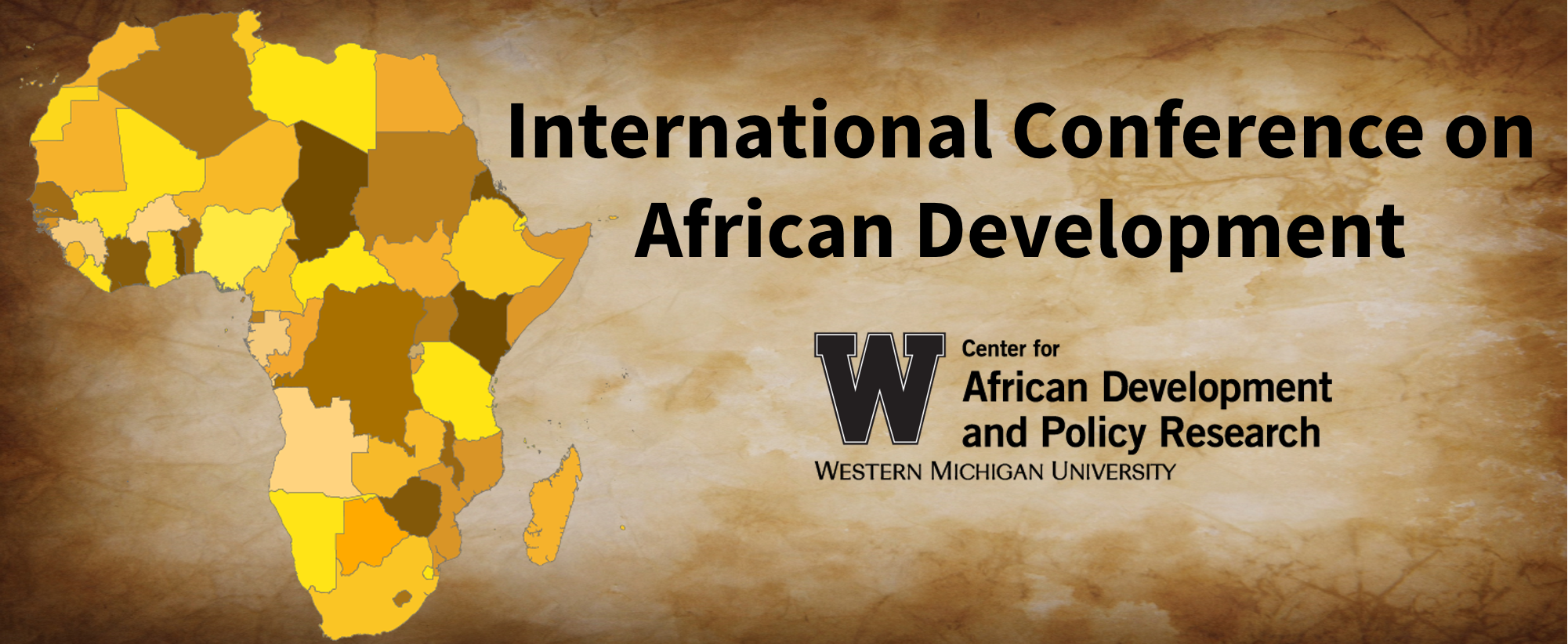2.1 Political Reforms in A Developmental State: The Case of Ethiopia
Abstract
In Ethiopia, the development state concept is one of the two pillars of the "national renaissance." Alongside the other pillar of democratic federalism, the creation of a developmental state is expected to lead to a national transformation. This view largely originated from the 2005 election results, in which the opposition won a significant number of electoral votes. Following the 2005 elections and setting aside democratic legitimacy, the discourses of economic development and poverty eradication became key aspects of EPRDF's claims of legitimacy. Later, the regime reframed Ethiopian democratic measures in the context of the state's developmental ideology. As a result, the country was hailed as a nation in "renaissance" - anchored for its economic growth and partnership in key strategic security interests with the West. However, the interest in building a development state with deepening democracy has not been without challenges. Findings undergird eloquent testimony of complexity and uncertainty theories and functioning democratic models that Ethiopia can emulate, which supports the fact that this can be complex when current reforms are also subject to ideological therapy. Therefore, the main objective of this paper is to explore concepts, processes, models and policies that advance or limit the boundaries of democracy in the context of Ethiopian development ideology.
2.1 Political Reforms in A Developmental State: The Case of Ethiopia
1920 Sangren Hall
In Ethiopia, the development state concept is one of the two pillars of the "national renaissance." Alongside the other pillar of democratic federalism, the creation of a developmental state is expected to lead to a national transformation. This view largely originated from the 2005 election results, in which the opposition won a significant number of electoral votes. Following the 2005 elections and setting aside democratic legitimacy, the discourses of economic development and poverty eradication became key aspects of EPRDF's claims of legitimacy. Later, the regime reframed Ethiopian democratic measures in the context of the state's developmental ideology. As a result, the country was hailed as a nation in "renaissance" - anchored for its economic growth and partnership in key strategic security interests with the West. However, the interest in building a development state with deepening democracy has not been without challenges. Findings undergird eloquent testimony of complexity and uncertainty theories and functioning democratic models that Ethiopia can emulate, which supports the fact that this can be complex when current reforms are also subject to ideological therapy. Therefore, the main objective of this paper is to explore concepts, processes, models and policies that advance or limit the boundaries of democracy in the context of Ethiopian development ideology.

